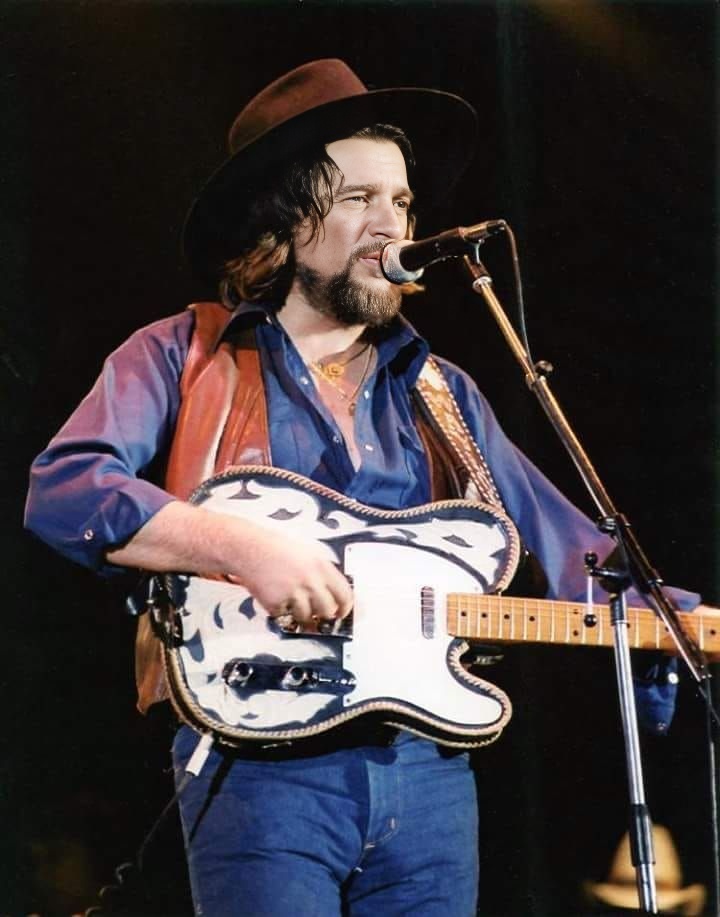
Waylon Jennings, a pivotal figure in the outlaw country movement, needs little introduction. He, alongside artists like Willie Nelson, pushed back against the polished Nashville sound of the 1960s and 70s, embracing a rawer, more authentic, and often rebellious style. Jennings earned numerous accolades throughout his career, including multiple Grammy Awards and Country Music Association Awards. His music consistently topped the country charts, solidifying his legacy as a country music icon. Though he passed away in 2002, his impact on the genre continues to resonate with contemporary artists.
One of Jennings’ most enduring collaborations is the song “There Ain’t No Good Chain Gang,” featuring the legendary Johnny Cash. This mournful ballad, released in 1978, paints a bleak picture of life within the prison system. The song depicts the hardships and despair of inmates forced into hard labor, highlighting the hopelessness and lack of opportunity for redemption they face. The lyrics poignantly convey the sense of injustice and the dehumanizing nature of the chain gang. It isn’t necessarily a commentary on crime and punishment itself, but rather an empathetic portrayal of the individual human beings trapped within a system seemingly designed to break their spirits.
“There Ain’t No Good Chain Gang” was a commercial success, reaching the top of the country charts and cementing its place in country music history. Beyond its chart performance, the song struck a chord with audiences due to its raw honesty and emotional depth. Listeners were moved by the powerful duet between Jennings and Cash, their voices blending to convey a sense of shared hardship and understanding. Many praised the song’s unflinching portrayal of prison life and its ability to humanize those often forgotten by society. It remains a powerful reminder of the importance of empathy and the need for prison reform.